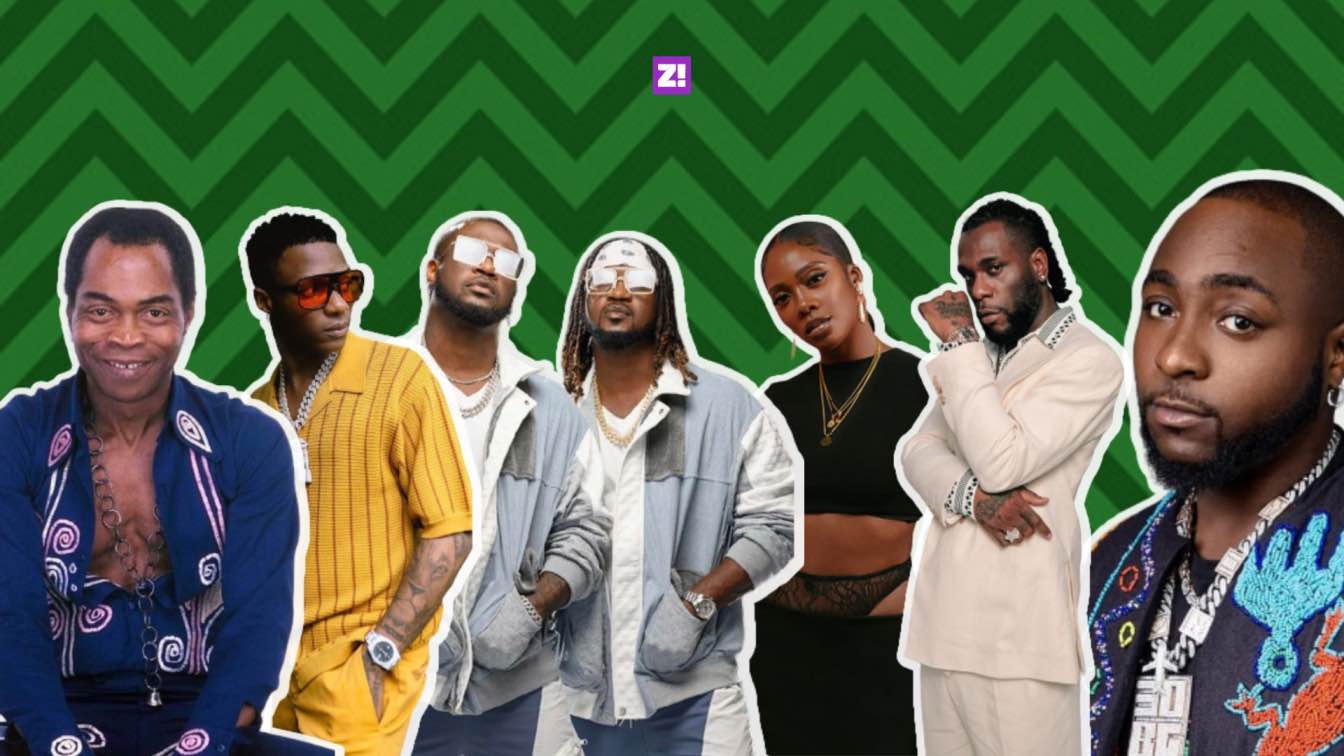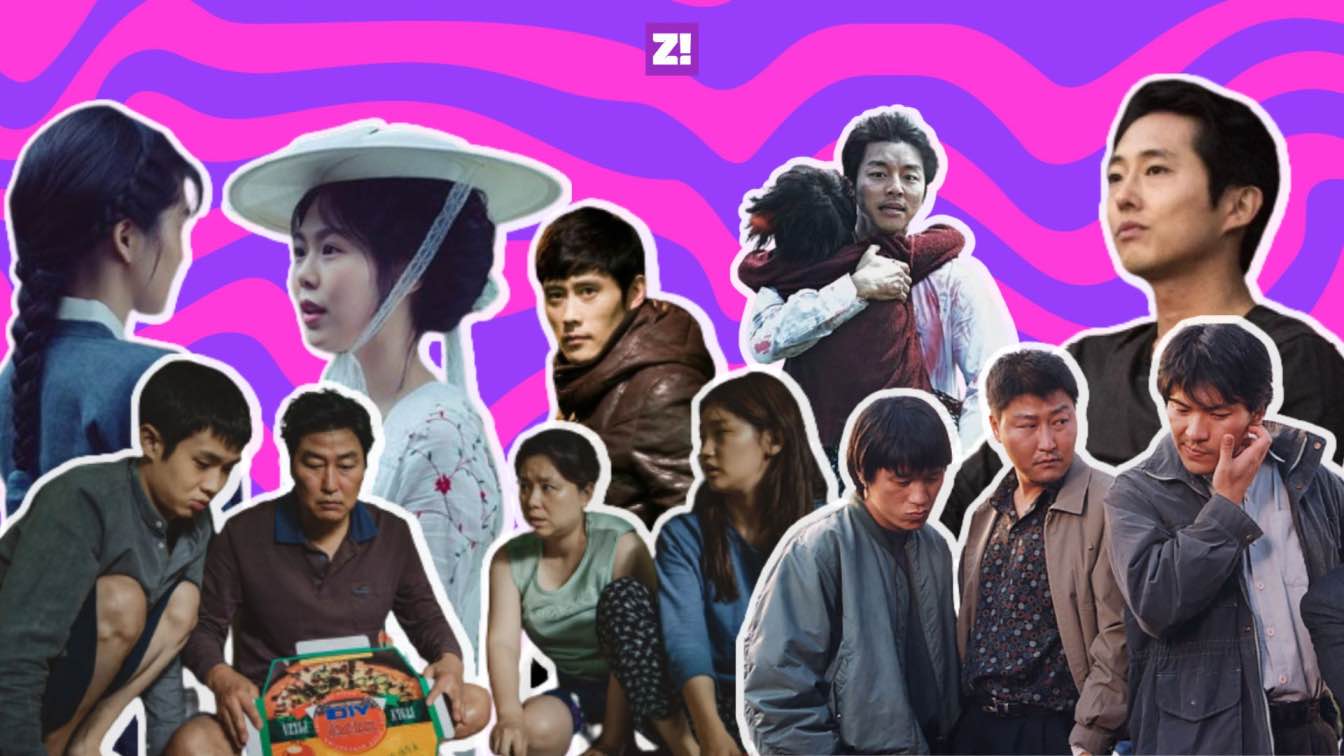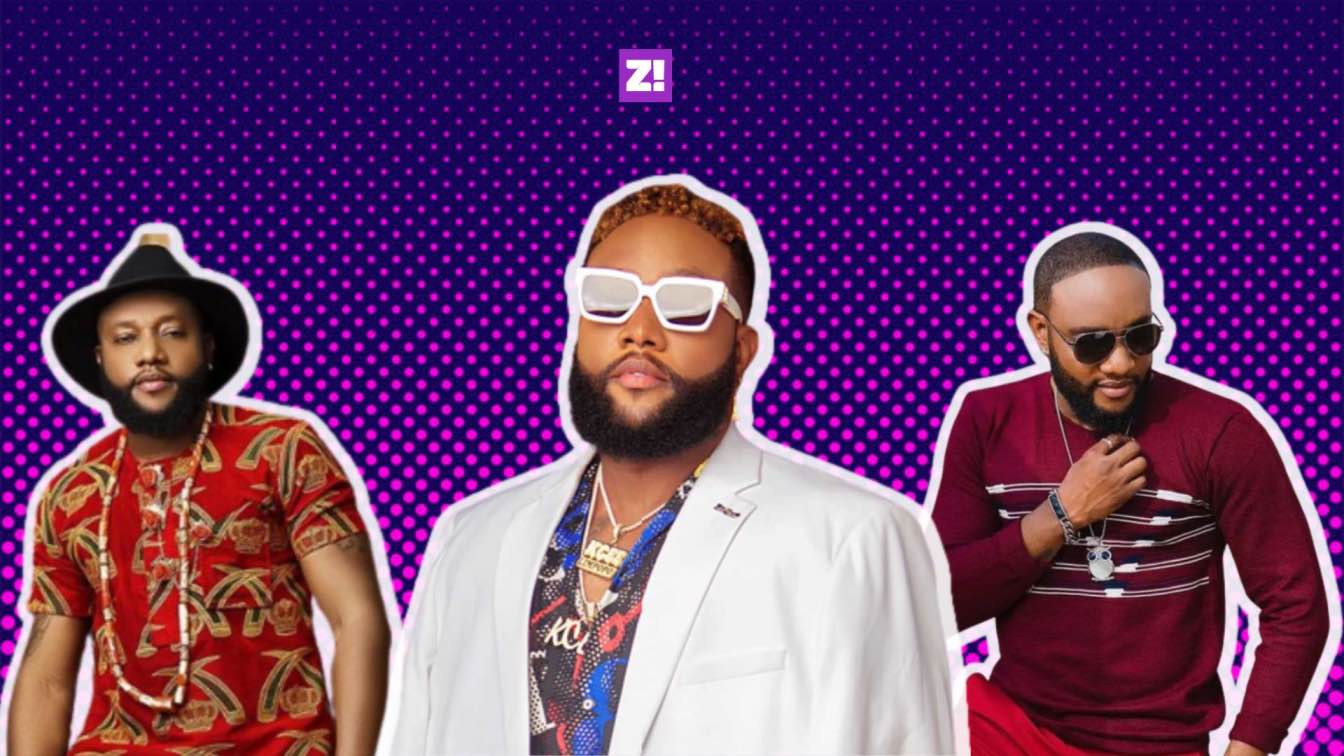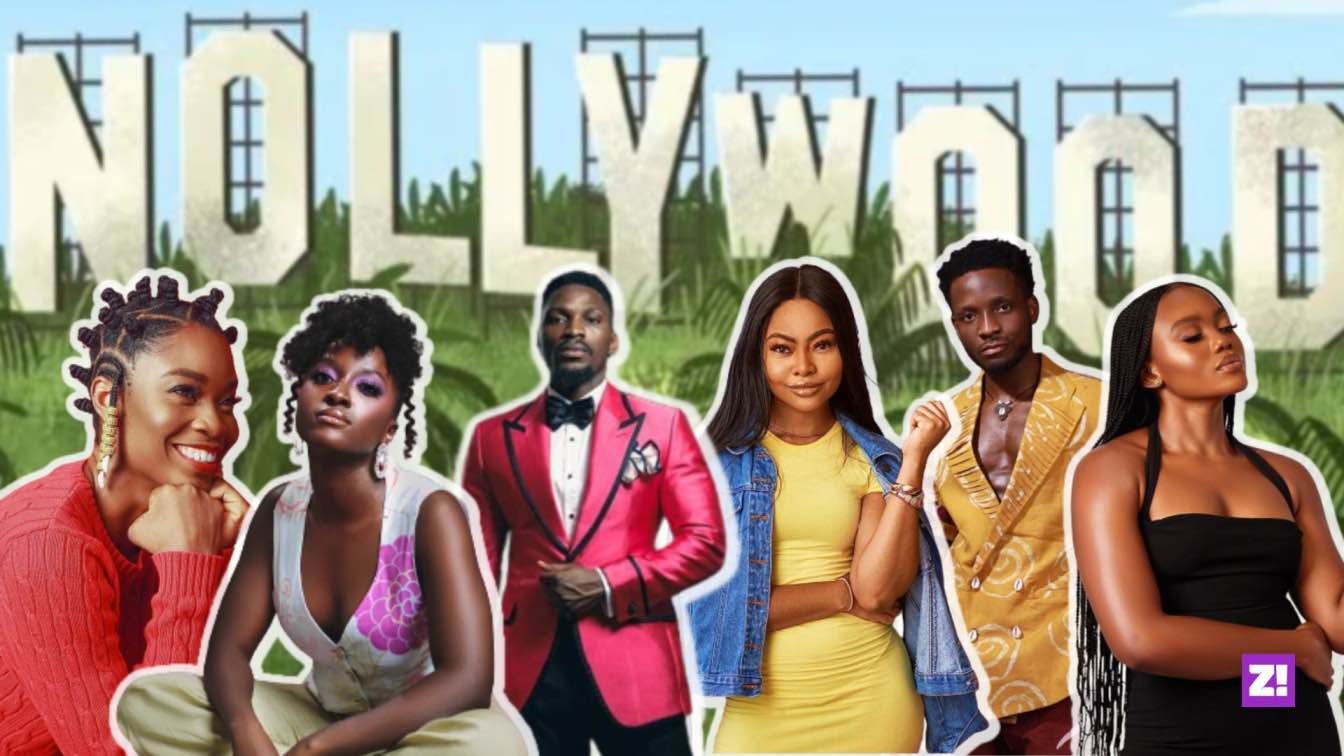Wana Udobang is the definition of good vibes. Popping up on my screen with the biggest smile and carrying our conversation with laughter and jokes, it’s hard to believe she’s only days away from trying something new with her career — organising her first poetry installation. But when you think about it, Wana is no stranger to trying new things.
Over the years, Wana, popularly known as Ms. Wana Wana has done everything from performing poems in Europe to making documentaries and hosting her radio shows in Nigeria. But despite all of this, trying something new still scares her.
I recently caught up with her to talk about being a badass multitasking queen, why she didn’t feel intellectual enough for poetry, why we all need to be shameless, and why her new installation, Dirty Laundry, might be her most important work yet.
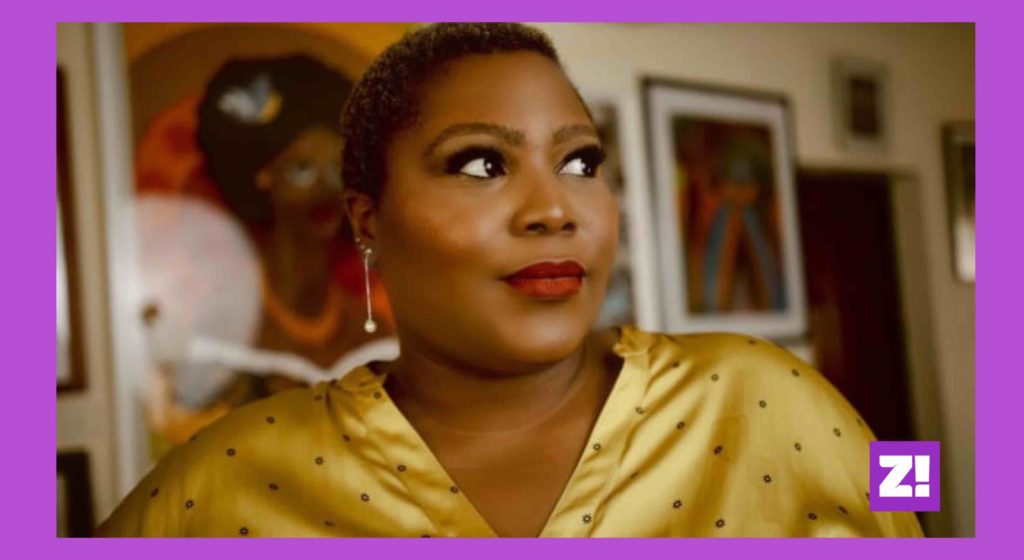
Writer, poet, director and radio host. Wana, abeg, how do you juggle all these things?
It sure sounds like I’m doing a lot when you list them all out like that. But the truth is, it’s never that much work because they’re all the same thing to me — storytelling. I always tell people I’m a storyteller, and I work using different mediums. So it doesn’t matter if I’m writing a podcast, an investigative journalism piece, a poem or a show. They’re all different forms I use to tell stories.
It also helps that I’m very organised and try not to do all these things at once. I might do two or three this year and another batch next year.
So which one came first?
My primary degree is in journalism, but I’ve always done poetry since I was about 16. I didn’t know what it was, but I just knew I was depressed, and I would write these things that didn’t rhyme, and cry my eyes out. I’d do this and immediately feel better. Somehow, my best friend in university saw it and was like, “Wana, this is some poetic shit”.Me, I couldn’t see it. I was an art student in secondary school, and my idea of poetry was from the work I had access to back then. I didn’t think my work could be defined as poetry. My friend later got me a journal to write all my work and I guess that’s when poetry actually became a thing for me.
I started consciously researching poetry, but I didn’t understand or emotionally connect to most of the things I read at the time. I was young and deep in my teen angst, so the emotional connection was important to me. I eventually discovered Def Poetry Jam and realised poetry could be performance art, which I loved.
I moved back to Nigeria after university, and with my degree, I started working in radio but still wrote poems for myself on the side. During that time, Gbogobiri opened, and they had poetry readings that allowed me test my poetry with an audience and build a community. And because I was on the radio, I started hosting events which led to TV gigs and then writing columns. Honestly, everything in my career happened organically. If something interested me and the opportunity came, I took it.
I’m curious about how your approach to storytelling changes when it moves from being a hobby to an actual source of income.
One of the things I try to do is always be grateful. While it’s great that I have this skill and can make a living out of it, I’m also privileged that I get to work on projects I genuinely care about. They’re meaningful to me. Most of the things I’ve done have been personal projects I enjoyed, so it didn’t really feel like work to me.
How are you able to make poetry that connects with a large audience?
I don’t write because I want to sound smart. I write what I know and what I can relate to. I was also part of the audience that didn’t feel intellectual enough for poetry for the longest time. Connection is essential to approaching my work, and I rate it above the craft or the structure. I want people to feel something soulful.
I remember thinking one of my poems, Catfish, was lame when I wrote it because it didn’t feel deep. My friend convinced me to perform it at Gbogobiri and everyone loved it. When it got published on Brittle Paper, someone commented that it was “simple.” To the literary community, your work has to be complex and hard to understand for it to mean something. LOL. These people don’t know that it takes a lot of effort to simplify complex ideas. The poetry that saved my life did so because they were honest and not because they were deep. If I can maintain honesty in my work, then I’m good.
I stan. So talking about honest work, tell me about your latest work, the Dirty Laundry installation.
I’m taking 20 of my poems — a lot of them connected to women’s issues, gender violence and feminist agency — and printing them on these big ass canvases that will be displayed in an art space. I’m also hanging them with a peg on a line, so it’s like putting out your dirty laundry in public.
The idea came to me 12 years ago. My brother watched one of my poetry performances and said that while my poetry reminded him of our childhood, it felt like I was hanging out our dirty laundry in public. It stuck with me and I knew I had to use it. The problem was that I didn’t see myself as an artist. I was just a poet. That doubt held me back. I finally decided to do it two years ago, but the pandemic hit, and production shut down. While I took this as a sign to kill the project, things kept happening to remind me of its importance.
Things?
Yes. I’d try to shelf the idea and then hear someone killed their wife, or a girl was raped in church. All these unfortunate events proved that it was still timely and important. It’s really about how our shame is hoisted at us as women. We’re victims, but they still want us to be silent. There’s a part of the exhibition where people can write down what brings them shame and purge themselves.
RECOMMENDED: 5 Things You’ll Relate To If You’ve Ever Listened To Spoken Word Poetry
Why do you think we need to face our dirty laundry?
Because shame is something that kills us. I told someone recently that I’d take pain over disgrace any day. That’s how we’re wired as Nigerians. We’re ready to stomach pain over being disgraced or publicly embarrassed. And the things we find shameful are not even that serious. In school, you’d see a girl get her period, and all the other girls would run around covering her up because God forbid anyone sees that she’s menstruating. Why? I’m interested in removing this veil of shame because we’re more connected than we are disconnected. See ehn, left to me, we should all be shameless.
#YouCantShameTheShameless! What was the most challenging part for you putting this together?
Planning. I’d prefer just to show up and do my thing, but I had to coordinate all the moving parts like location scouting. This experience has taught me that I don’t have to be in control all the time. I hired people to do their job, so I needed to let them do it.
There’s also the fear that people wouldn’t show up. I mean, it’s one thing for people to hype you on social media, but will they come? I also want them to receive and understand the work. It means so much to me that people experience my work and something shifts in their life, even if it’s temporary. I always want people to leave with something. And of course, I’m always nervous about that.
And the best part?
Seeing all I’ve worked for come to fruition. I feel like it’s not real until I enter that room and see everything hanging. I’m also proud of myself for securing the funding to do this. Support from the Ford Foundation doesn’t validate my idea; it just affirms it and reiterates that it’s important. I also get to collaborate with Naomi Edobor, my brilliant curator.
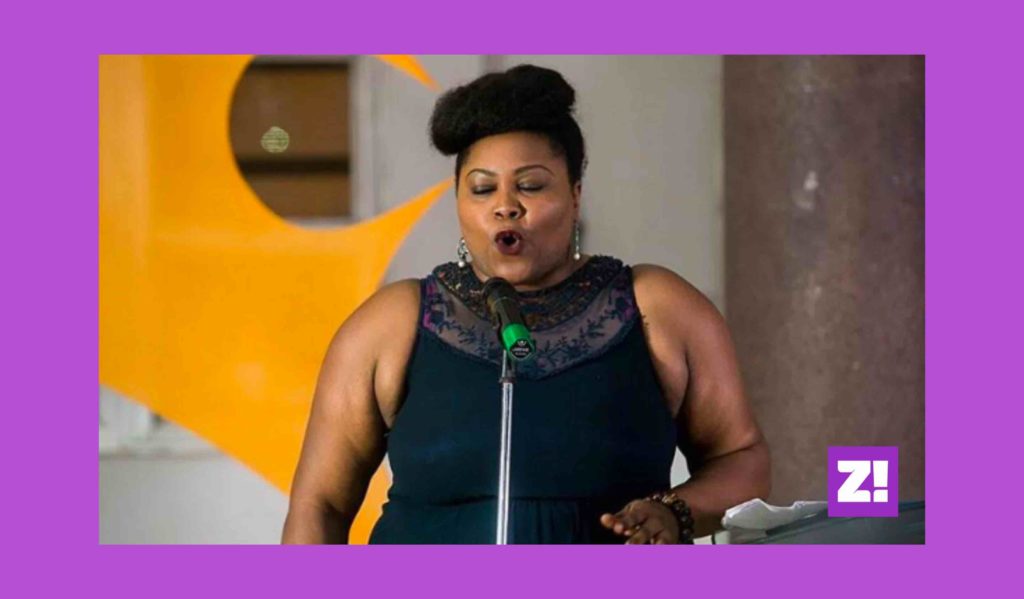
Describe the installation in three words
Immersive, glorious and joyful.
We exist in a time where women like you, Eloghosa Osunde and Titi Sonuga are killing it. Why is it important for women to tell stories and occupy space?
It’s magnificent to be existing at this time. Not just because other brilliant women like me are telling their stories, but because we’re building worlds for ourselves. That’s powerful. Even though we’re standing on the shoulders of women before us, we’re still creating something new and true to who we are. Eloghosa is fucking things up with her stories, and Titi is doing the same with her spoken word and plays. I feel like we can stand on the shoulders of our elders and still build expansive worlds. That’s what makes it so gorgeous. I’m in awe of our audacity and our world-making.
What does legacy mean to you?
I want my work to outlive me. That’s a big deal for me. I want people to reference my work in their thesis and use my processes as a study. I also wish to be able to leave tangible legacies like funding and support for young artists. The legacy I want is that people encounter my work, and there’s a shift for them. Someone can say, “I listened to that, and it changed my relationship with my mother.”
What’s next for you?
I can sit here and talk about everything I want to do, like write a Nike ad or perform on a world stage with an orchestra. But the truth is, our dreams can sometimes be limiting. I don’t dictate what happens anymore. I just open my mind and let the opportunities present themselves to me. My goal is less about what I’m doing and more about being free to do anything I want.
ALSO READ: Zikoko Guide To Being A Spoken Word Poet

